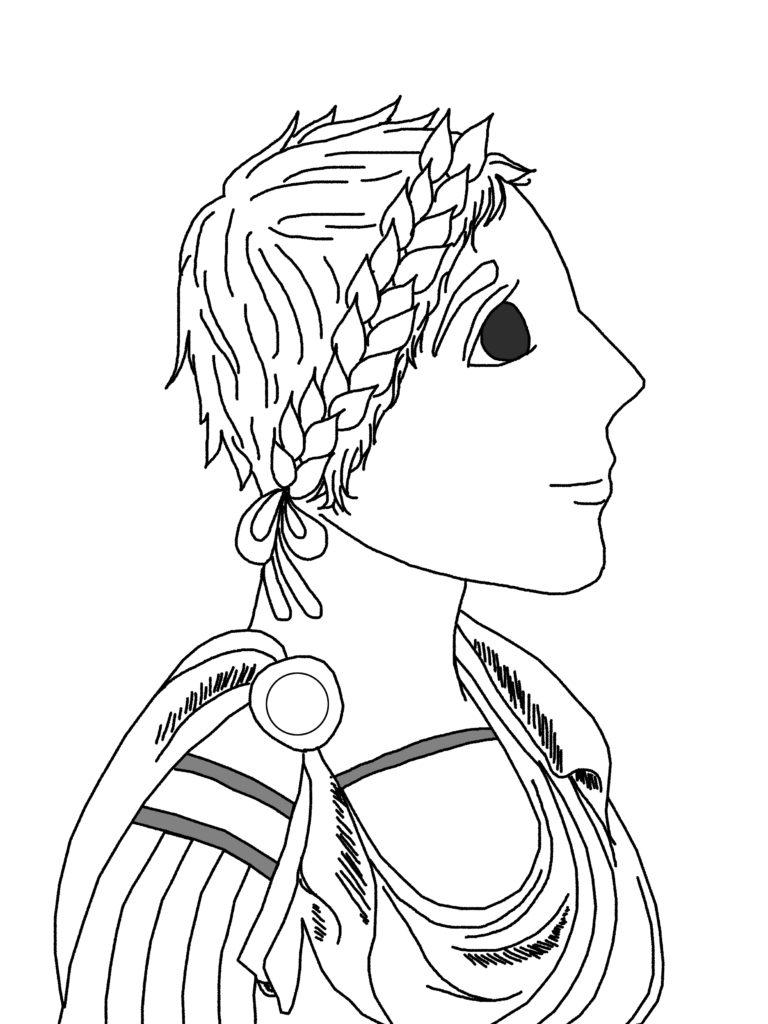Grinnell College is a place of great diversity and thought, and yet in some aspects, the campus could not be less so. Most everyone on campus is bound by the notion that only a certain political climate — mainly that of liberal democrats — is suitable for our great land. Though I do not disagree with the multitude that the Republican Party of today is not worthy of its moniker “Grand Old Party,” I am still firmly rooted in the belief that the ideals of the founders of this once-great institution had a thing or two to say that resonate at a greater level within me than the ideals of any liberal Democrat.
I am a liberal Republican, a strange specimen of the modern era; a “creature of the black lagoon,” so to speak. Most people question whether I even understand politics. “Surely”, they say, “liberal Republicanism is a contradiction!” However, that could not be farther from the truth. So, with the hope of bringing to you a different viewpoint — one of a liberal Republican — over these coming months, I must first begin by defending my position as one. How could this not be a paradox?
Following its founding, the Republican Party closely resembled the Democratic Party of today. The Party supported increased federal powers, including, but not limited to: implementation of tariffs, funding of the transcontinental railroad, action to settle the west and the establishment of a state university system. On top of this, they supported expanded rights of African-Americans, and, during the Gilded Age, busted trusts and fought for fairer working standards and wages. During this period, in contrary view to the climate of today, Democrats favored states’ rights and laissez-faire economics.
The real shift in the parties’ alignments began with Franklin Delano Roosevelt. Many Republicans viewed his increased governmental powers as going too far. However, a strong wing of the liberal portion still supported the core safety net that Roosevelt had created. In fact, until the 1980s, the Republican Party had a large faction of liberals, mostly from the east coast, who collectively formed what was known as the “Eastern Establishment.” They were fiscally moderate and socially liberal, preferring less government intervention in the economy to stimulate business growth but more social programs to benefit the poor and disenfranchised.
But by 1990, all of these politicians had been pushed out in favor of far right politics. In fact, during the presidential elections of 1996, Barry Goldwater, the famous leader of the “Conservative Old Guard,” remarked to then candidate Bob Dole, “We’re the new liberals of the Republican Party. Can you imagine that?”
So, as I have put before you my defense that indeed, history has included such oddities as a “liberal Republican Party” and that “liberal republican” is truly no paradoxical saying but merely a statement of history, I will defend the fact that I take that position today. Why am I not a Democrat? Because I look up to the great achievements of the Republican Party, and to their leaders and feel the virtues of their ideals emanating within me more than those of the Democratic Party. Sure, my party is not one that accepts me or my ideas, but one must take two paths in life if he or she does not like something: 1. He or she must complain over the fact that the thing is bad, or 2. He or she must seek to change what they see as wrong. I am but a man of the latter variety — that is to say — I would like to change the Republican Party, not change parties.
So, in this I say that I don’t agree completely with the Democratic Party of today — surely in future writings you shall see as much — I represent in fact, a bygone era; a time where “liberal Republican” was not as paradoxical. I shall do my best in future writings to bring you a different viewpoint, for we need more political discourse and intrigue on this campus. I shall attempt to be that catalyst of political thought and idea, for, in my opinion, there is no better path for the people of today than the Republican Party of yesterday.
–Collatinus








































































Kevin A. Kelly • Sep 26, 2016 at 4:01 am
Jacob Javits considered the GOP the party of the national interest. On issues spanning from the abolition of slavery, the Homestead Act, land grant colleges, public investments in rail and canals, safety standards on food and medicines, women’s suffrage, construction of the Interstate highways, civil rights, lower taxes, and personal freedom, I too, prefer the GOP. There have always been liberals and conservatives in the party, with moderates like Lincoln , TR, Eisenhower and Ford acting as referees in the middle. Tensions between these factions have always been with us as a party. It is a political party where, on post New Deal principles, Barry Goldwater opposed Federal intrusion into civil rights, while Everett Dirksen and Jacob Javits, drawing on the GOP’s historic support of social fairness crossed the aisle with LBJ to pass it. Throughout its history, the GOP has been both pro-business and an advocate for the individual as a consumer and worker. GOP suspicions of outsize power accumulation was varied, from labor unions, to government bureaucracies and corporate trusts.
Personally, I support marriage equality, reproductive choice and the right of an individual to die with dignity. I also support responsible gun ownership, low taxes, and a respect for our countries’ traditions . If that makes me a liberal Republican, so be it.